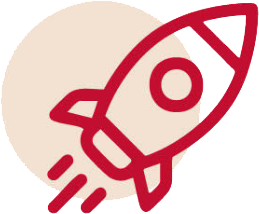PERUMIN Inspires Award for Social Startups Impacting the Highlands and Rainforest of Peru


“At PERUMIN Inspira, we are committed to fostering the growth of sustainable social startups that positively impact the communities and environments in which they operate. Without a doubt, this edition will be both an enriching event and a transformative vehicle for change for those taking part.”
Mariana Abugattás - President of PERUMIN Inspires
We are excited to launch the sixth edition of PERUMIN Inspires!
PERUMIN Inspira seeks to promote social ventures that contribute to sustainable development in the highlands and rainforest of our country, in alignment with the United Nations Sustainable Development Goals (SDGs) selected for this year.
Driven by the Peruvian Institute of Mining Engineers (IIMP) and managed by Kunan, this program aims to recognize and support those who lead innovative, scalable, and sustainable startups capable of bridging social and economic gaps.
Mariana Abugattás, president of PERUMIN Inspira, emphasized: “With this edition, we want to continue supporting entrepreneurs who dare to take action—and do so with a sustainable perspective and a focus on the common good.
In this edition, we will award the two best social ventures in the “High-Impact Startups” category, in addition to granting a special recognition.
Are you ready to take on the challenge? If your startup was born from an innovative idea that will make a difference, this is your opportunity to make it grow. Apply now and be part of the change Peru needs.
Together, we can build a future geared toward collective well-being!
AWARDS
SUSTAINABLE DEVELOPMENT GOALS
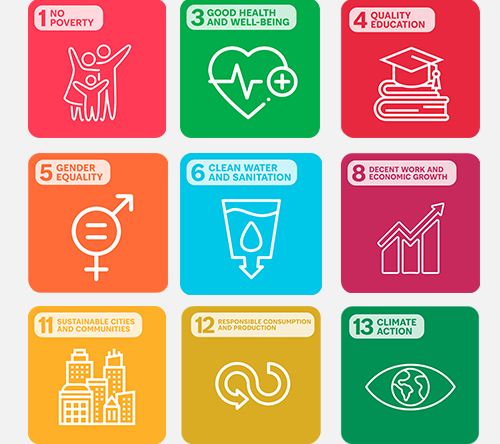

ORGANIZERS
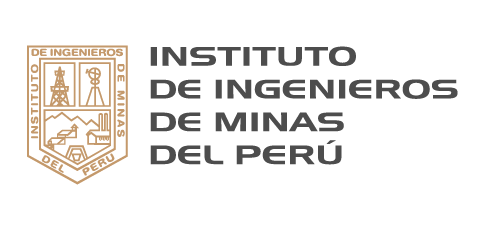
Peruvian Institute of Mining Engineers - IIMP
Leading institution in the Peruvian mining sector that brings together the best professionals in the area to embrace the challenges of the mining industry in a constantly evolving environment.
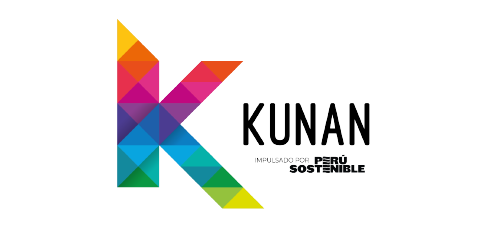
Kunan
Peruvian platform for strengthening the social entrepreneurship ecosystem that integrates and fosters synergies between actors seeking to promote this type of business in Peru.
SCHEDULE


CALL FOR ENTRIES
If you have any questions, please contact us at: perumininspira@iimp.org.pe
MEET THE WINNERS AND FINALISTS OF THE PREVIOUS EDITIONS
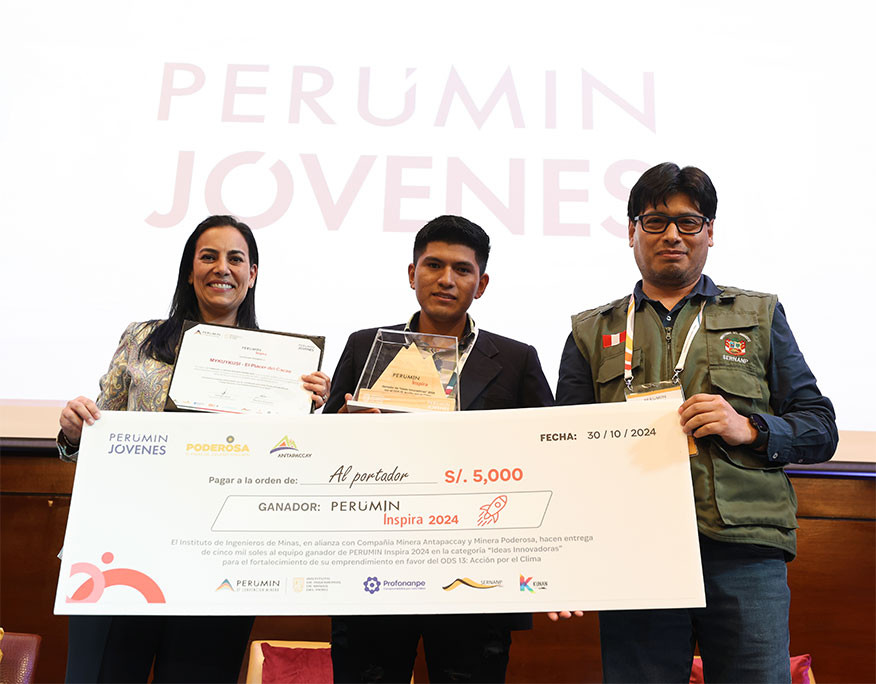
Winning Idea of PERUMIN Inspira 2024 and Winner for Sustainable Development Goal (SDG) No. 8 - Mikuykusi

Winning Idea for Sustainable Development Goal (SDG) No. 2 - Nutrigenix
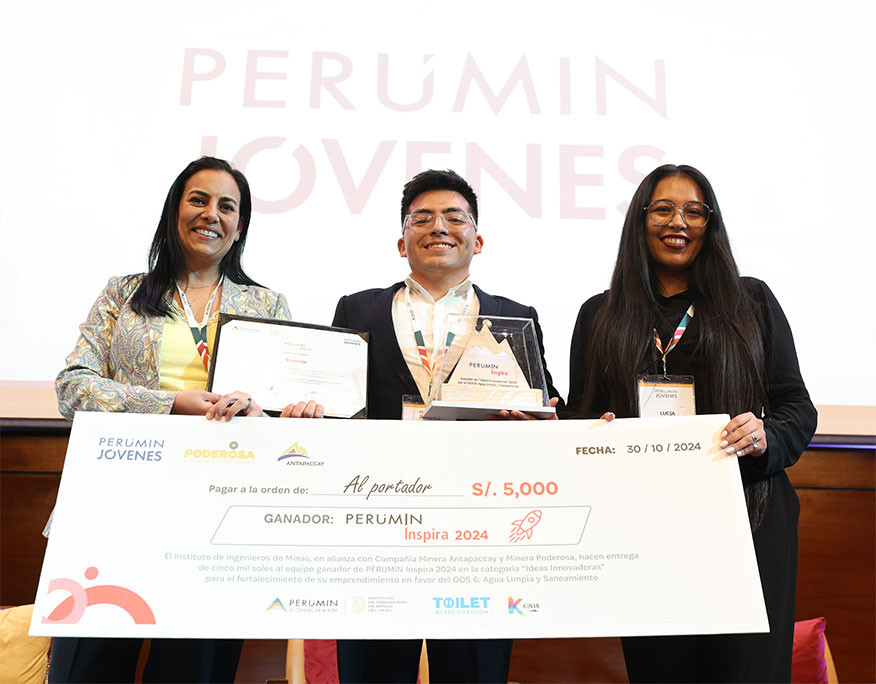
Winning Idea for Sustainable Development Goal (SDG) No. 6 - Econiza
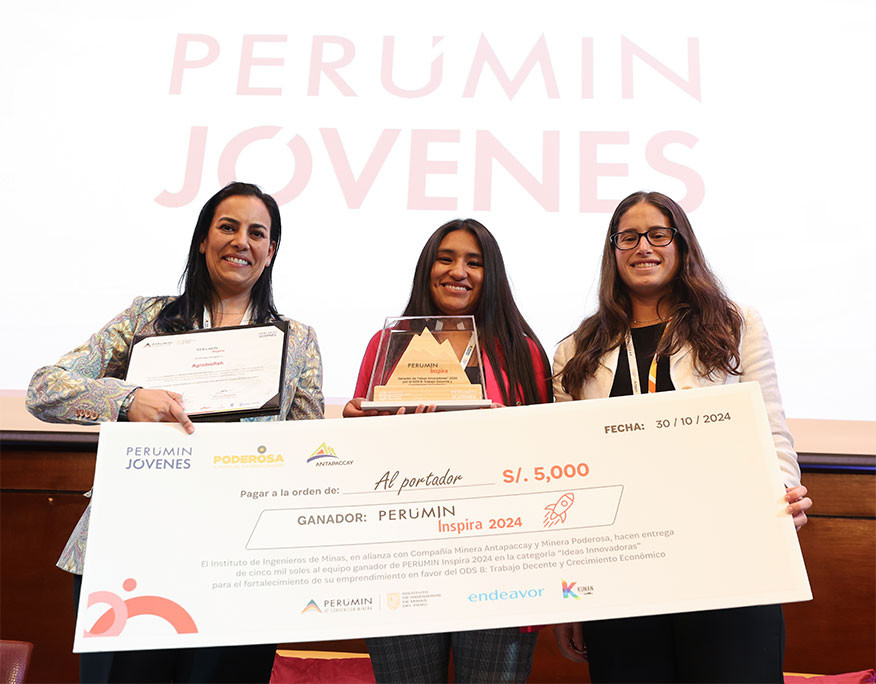
Winning Idea for Sustainable Development Goal (SDG) No. 13 - Agrobiofish
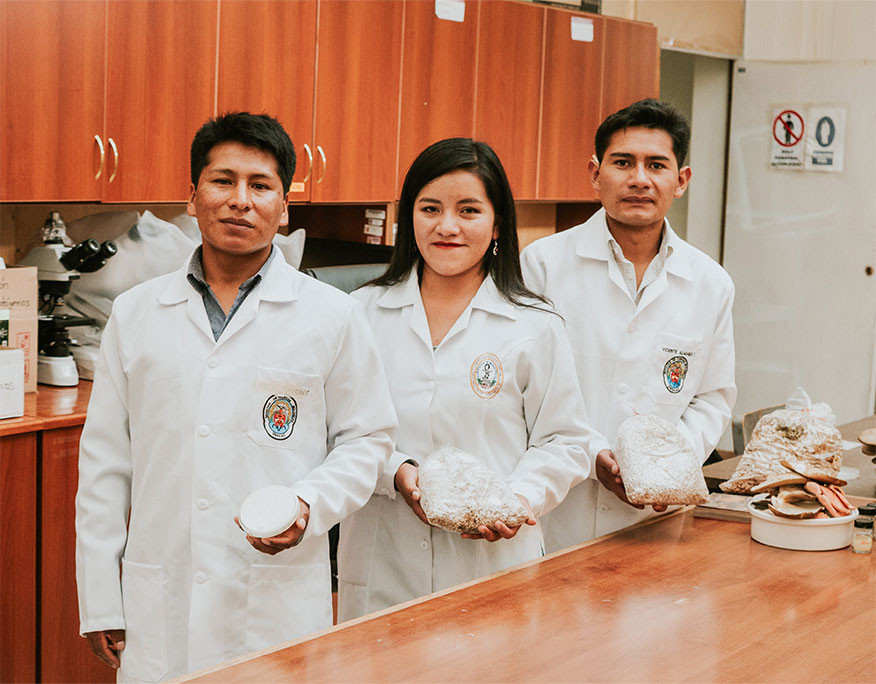
Finalist for Sustainable Development Goal (SDG) No. 2 - Ecosfera Fungitech
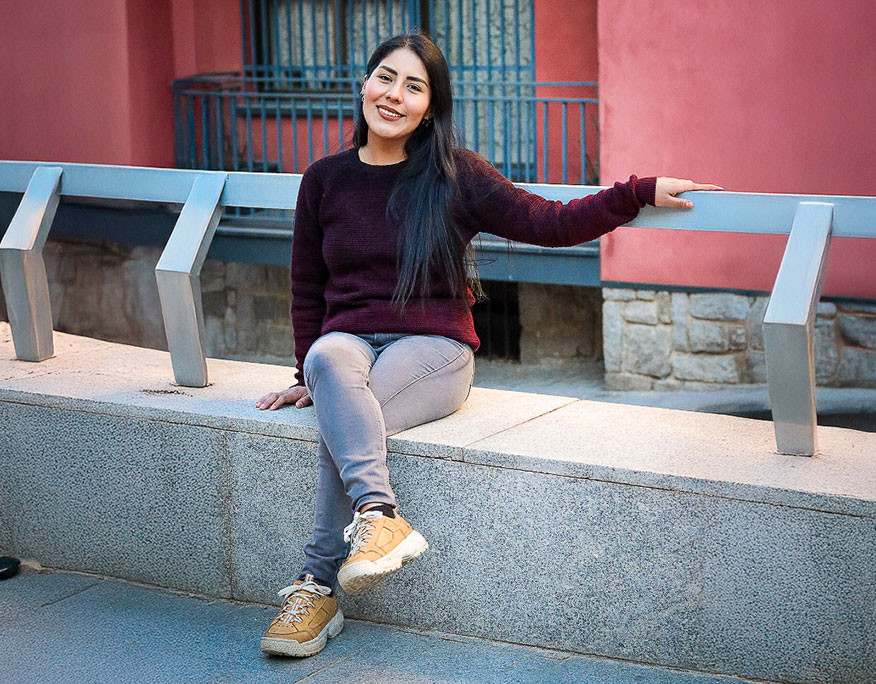
Finalist for Sustainable Development Goal (SDG) No. 2 - Glomush
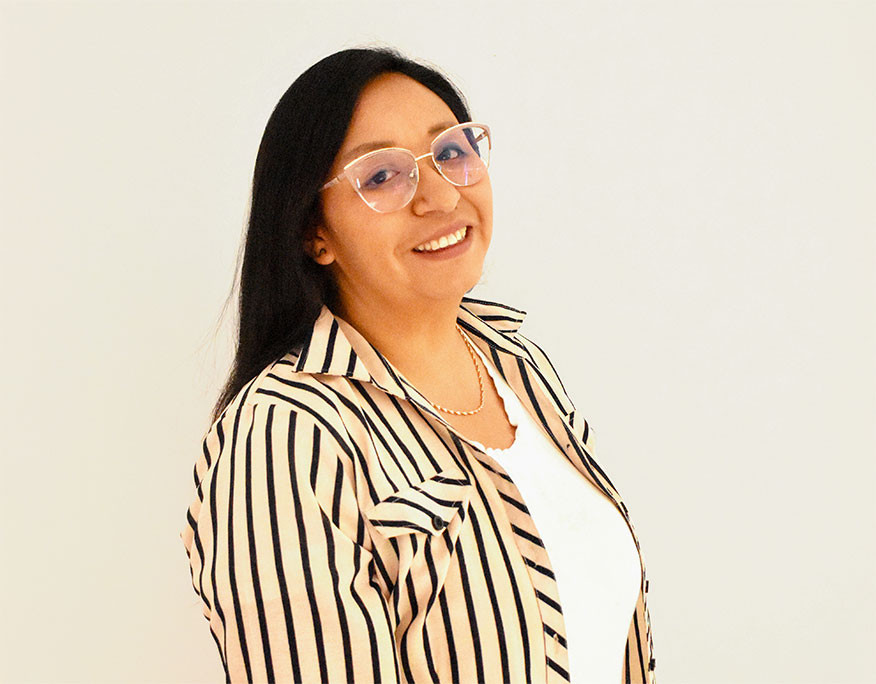
Finalist for Sustainable Development Goal (SDG) No. 6 - Aqualive
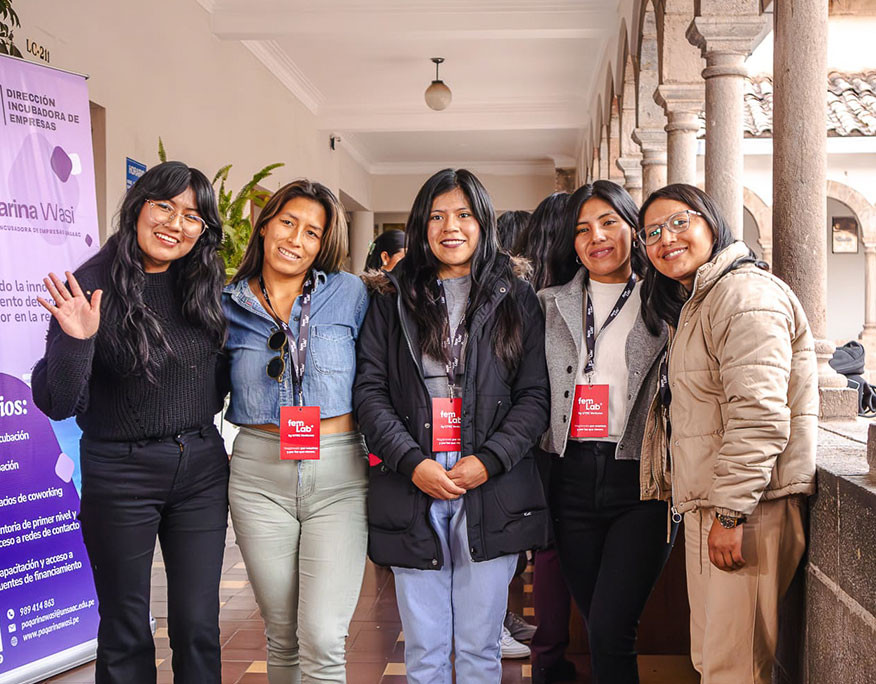
Finalist for Sustainable Development Goal (SDG) No. 8 - Warmifin
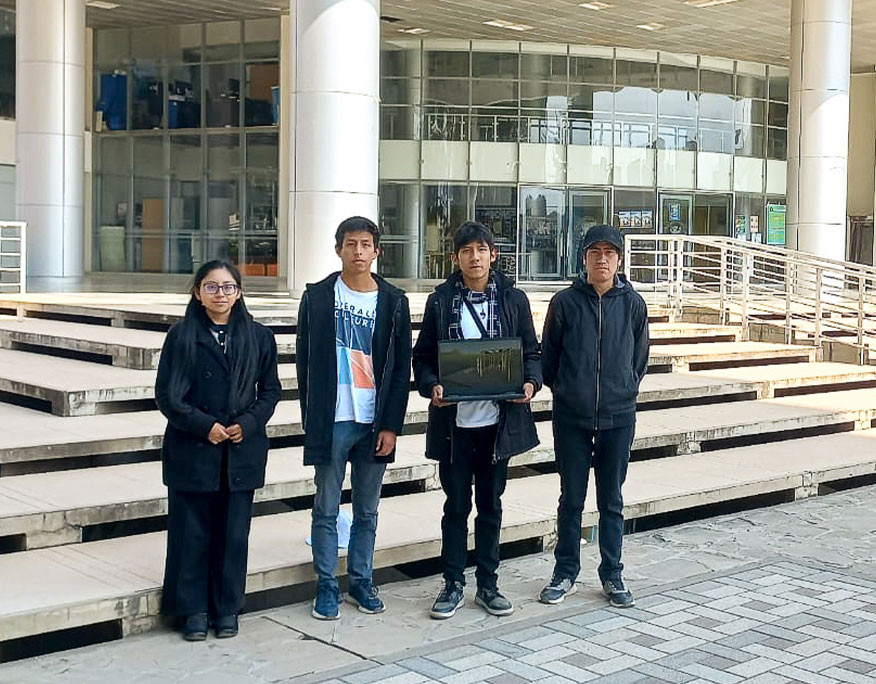
Finalist for Sustainable Development Goal (SDG) No. 8 - Portable
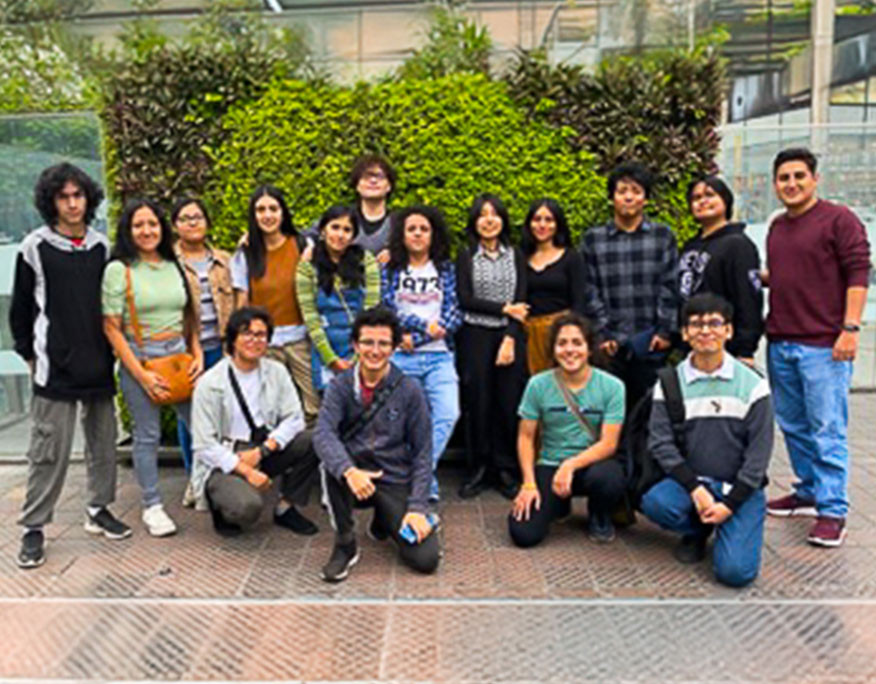
Finalist for Sustainable Development Goal (SDG) No. 13 - Hamcao
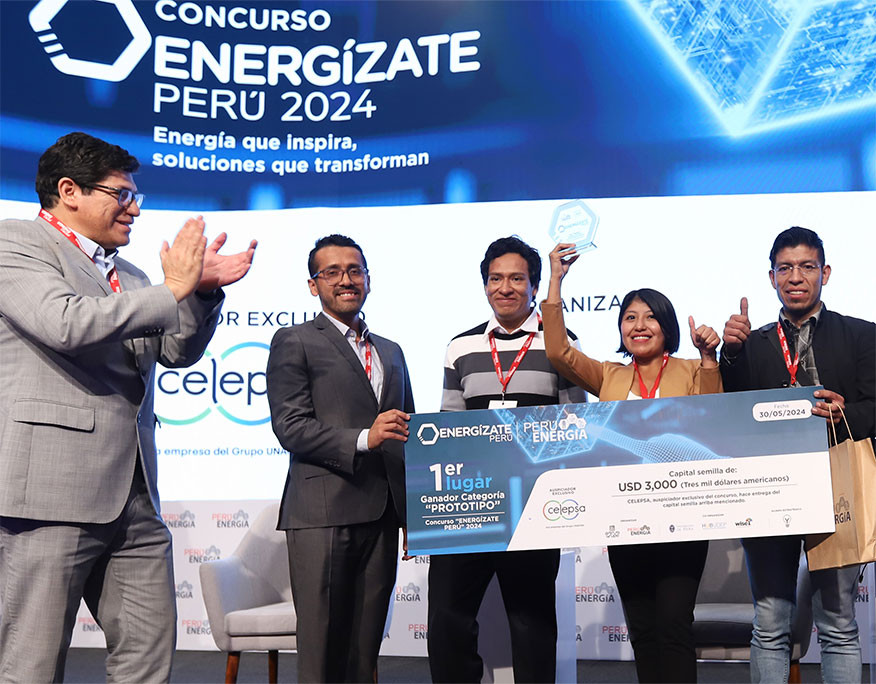
Finalist for Sustainable Development Goal (SDG) No. 13 - Hidranix
Winning Idea of PERUMIN Inspira 2024 and Winner for Sustainable Development Goal (SDG) No. 8
Mikuykusi is an initiative from the department of Huánuco dedicated to the comprehensive utilization of cocoa. It produces chocolates and distilled beverages while promoting circular economy practices and environmental sustainability.
Objectives
Mikuykusi aims to reduce environmental pollution by creating a company that industrializes cocoa and its byproducts (pods and mucilage); generate employment opportunities; train local producers; and encourage national cocoa production, benefiting from purchasing cocoa beans and byproducts.
Winning Idea for Sustainable Development Goal (SDG) No. 2
Nutrigenix is a functional confectionery producer based in Áncash whose goal is to create functional snacks using Artificial Intelligence (AI) to improve nutrition in Peru’s high jungle region. It utilizes marine superfoods and exotic fruits, thereby supporting local farmers and fishers.
Objetivos
Nutrigenix seeks to combat childhood anemia, promote sustainability through plant-based products, and lead innovation in healthy foods with the use of disruptive technologies.
Winning Idea for Sustainable Development Goal (SDG) No. 6
Econiza, a project from Cajamarca, focuses on neutralizing acidic water using ash derived from cocoa byproducts. The initiative involves designing an automated system that leverages agricultural waste to treat acidic water, thereby improving water quality and promoting the circular economy.
Objectives
Econiza aims to neutralize the pH of acidic mine drainage (AMD) and remove heavy metals from both AMD and acidic water, improving water quality and reducing its environmental impact. It also seeks to promote the circular economy and reduce agricultural waste, contributing to sustainability and lowering water treatment costs.
Winning Idea for Sustainable Development Goal (SDG) No. 13
Agrobiofish is a project from Arequipa that transforms fish waste into eco-friendly biofertilizers. They offer high-quality products that benefit both farmers and the environment by addressing pollution and promoting sustainable, organic agriculture.
Objectives
Agrobiofish seeks to reduce environmental pollution, promote sustainable agriculture, and improve the productivity and profitability of farmers while positioning itself as a model of responsible business practices committed to creating a more sustainable and ecologically balanced future.
Finalist for Sustainable Development Goal (SDG) No. 2
Ecosfera Fungitech, a proposal from Cusco, features a technological module that automates edible mushroom production using Industry 4.0 technology. It promotes vertical farming and encourages the saving of time, space, and resources.
Objectives
Ecosfera Fungitech aims to ensure equitable access to nutritious, high-quality food in vulnerable regions; minimize environmental impact through circular economy processes; create jobs and improve family income; strengthen local economies, particularly in rural highland areas; and promote sustainable practices.
Finalist for Sustainable Development Goal (SDG) No. 2
GloMush is an innovative proposal from Arequipa that transforms mushroom production into a powerful tool for sustainable development in rural communities of Peru’s highlands and rainforest. It leverages waste to create an efficient production system within a cycle that maximizes efficiency and reduces environmental impact.
Objectives
GloMush aims to combat food insecurity by offering highly nutritious food. The company promotes sustainable and inclusive economic development by creating dignified jobs in rural communities, while significantly contributing to the preservation of local ecosystems and water sanitation.
Finalist for Sustainable Development Goal (SDG) No. 6
Aqualive, a proposal from Áncash, is an Android application that monitors the quality of water for human consumption in rural areas over time. The app can be installed on a smartphone with internet access and has a user-friendly, direct interface.
Objectives
Aqualive aims to help reduce the incidence of diarrheal diseases in rural populations by facilitating the consumption of safe water. It also seeks to ensure the continuous supply of chlorinated water in rural drinking water systems and generate accessible historical data on water quality to facilitate timely decision-making that improves drinking water supply in rural areas.
Finalist for Sustainable Development Goal (SDG) No. 8
Warmifin is a fintech born in Cusco that provides financing and empowers women entrepreneurs in micro and small businesses and enterprises. Warmifin achieves this through financial credits, financial education, and business innovation.
Objectives
Warmifin aims to offer comprehensive support to women entrepreneurs, provide assistance and training in financial education; and facilitate the implementation of innovative strategies in traditional businesses, by providing guidance and resources to modernize and enhance their operations and competitiveness in the market.
Finalist for Sustainable Development Goal (SDG) No. 8
Portable, an initiative from Junín, features the TranStore sales module, designed to positively transform the dynamics of current sales modules used in itinerant or Sunday markets. It employs design strategies that enhance and refine aspects such as flexibility and transportability in existing modules.
Objectives
Portable seeks to promote decent work and foster sustainable and inclusive economic growth through an architectural solution, as current sales modules appear to cater only to a specific group.
Finalist for Sustainable Development Goal (SDG) No. 13
Hamcao, a project from Lima, introduces an innovative foliar biostimulant based on sulfated carbohydrates. It is designed to enhance crop resistance to water stress caused by droughts exacerbated by climate change. Its applications include the rehabilitation of areas surrounding mines undergoing closure, aiming to restore sustainability to the affected ecosystems.
Objectives
Hamcao aims to provide an ecological and cost-effective solution, combat oxidative stress in plants caused by drought by enhancing their resistance and recovery under adverse conditions, and revitalize post-mining ecosystems by regenerating flora in areas affected by mine closures.
Finalist for Sustainable Development Goal (SDG) No. 13
Hidranix is an initiative from Arequipa that aims to transform the cooking process through the use of green hydrogen produced from solar energy. The technology employs an efficient electrolysis system that converts water into hydrogen, a clean and sustainable fuel for cooking.
Objectives
Hidranix seeks to reduce dependence on fossil fuels that generate CO2 emissions during food preparation, promote energy sustainability, and improve access to clean energies in local communities.


